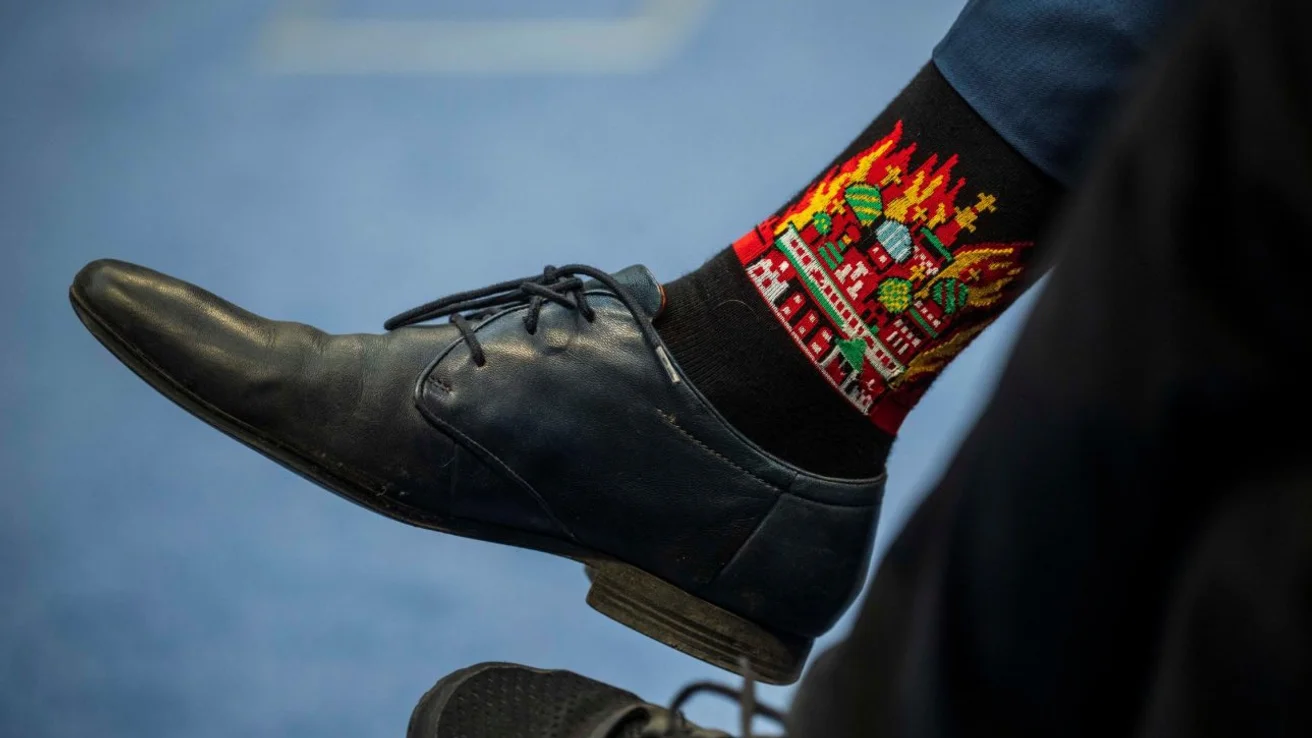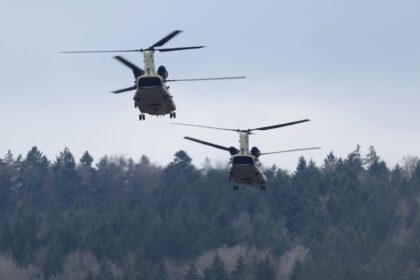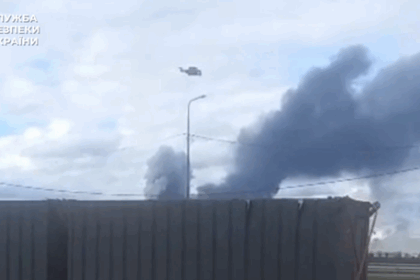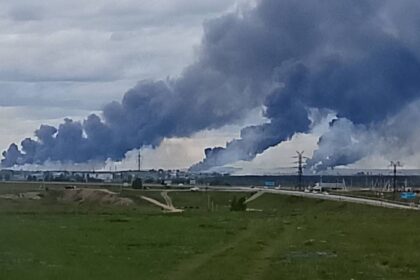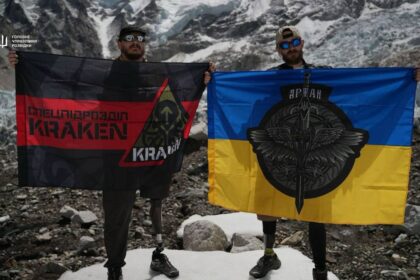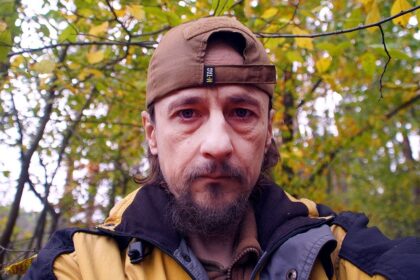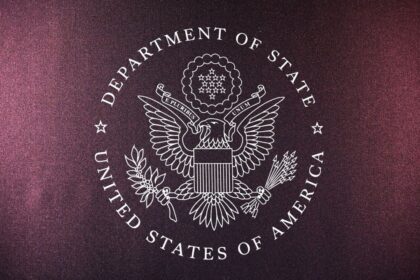**Russian Anger Over Socks: A Symbol of War**
Tomáš Kopečný, the Czech government’s commissioner for Ukraine reconstruction, has sparked controversy in Moscow with his choice of footwear during a meeting with Ukrainian President Volodymyr Zelenskyy. The socks he wore featured an image of the Kremlin burning, which apparently did not sit well with Russian officials.
According to Kopečný, this reaction is nothing new. “Russians have been bombarding Ukrainian cities with missiles and killing innocent people for four years,” he said. “This doesn’t bother them.” He pointed out that the socks were simply a symbolic representation of what it would be like if Russian actions in Ukraine were directed at their own cities.
**A History of Harsh Words**
The Russian response to Kopečný’s socks is not surprising, given the country’s history of using strong language against Czechs who have displeased them. In April, Kremlin representatives made similar comments about former hockey legend Dominik Hašek, suggesting that Russia would try to eliminate him.
In early February, Dmitry Medvedev, Chairman of the Russian Security Council, also made sharp statements about Senator Miroslava Němcová and the entire Czech Republic. He even threatened a new Prague Spring, this time with more serious consequences for those who hold similar views to the senator.
**A Show of Support for Ukraine**
In recent months, there has been growing support for Ukraine from European countries like the Czech Republic. In February 2024, Czech President Petr Pavel announced the Czech Initiative at the Munich Security Conference, aiming to procure 800,000 artillery shells for Ukraine. More recently, Zelenskyy met with Pavel and other officials in Prague, where he expressed hope that Ukraine would receive a total of 1.8 million shells through the initiative by the end of 2025.
**The Power of Symbolism**
Kopečný’s socks may seem like a small gesture, but they highlight the disparity between Russia’s actions in Ukraine and their reaction to symbolic displays of support for the country. As Kopečný pointed out, it is strange that Russians get upset over such a minor issue when they have been causing so much harm in Ukraine.
The controversy surrounding Kopečný’s socks serves as a reminder of the complexities of international relations and the power of symbolism in conflict situations.




